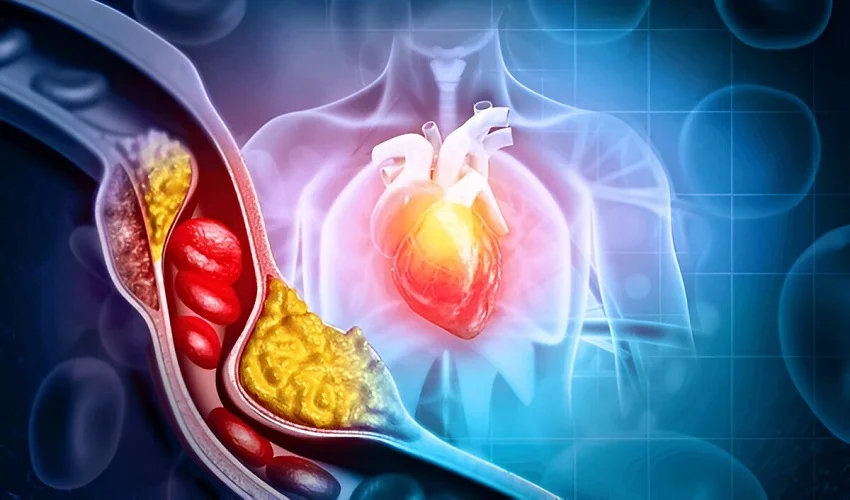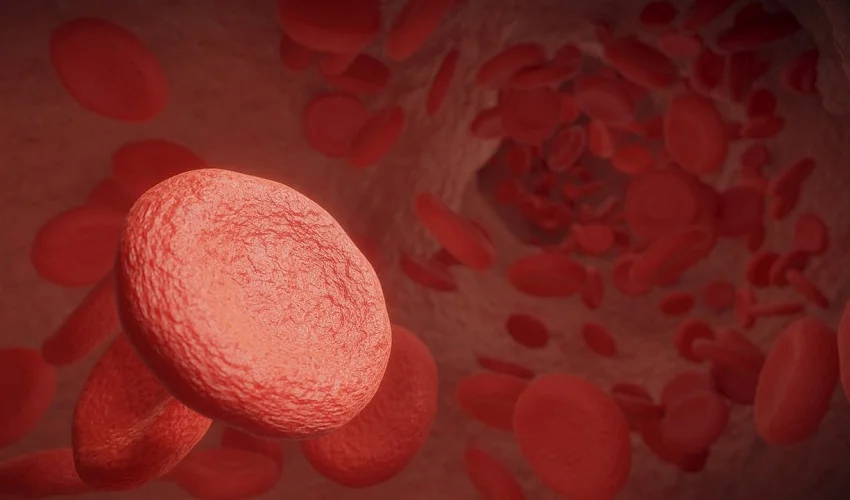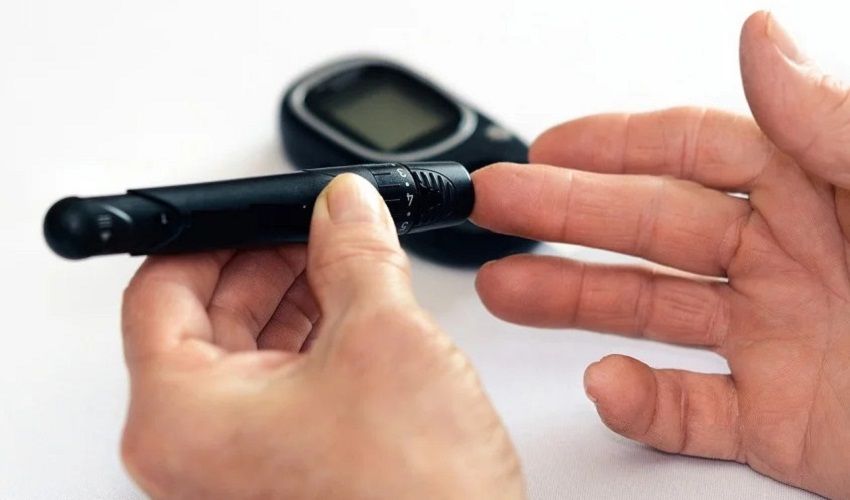If you’ve been diagnosed with high cholesterol and diabetes, it’s natural to feel overwhelmed. These two conditions are closely linked and managing them effectively is necessary for maintaining long-term health. In this guide, we’ll explore how cholesterol medicines work, their benefits for diabetics, and how to optimize your treatment plan.
Why Cholesterol Management Matters for Diabetics
High cholesterol, particularly elevated LDL (also known as bad cholesterol), significantly increases the risk of cardiovascular diseases like heart attack and stroke. Diabetes are already predisposed to vascular complications, and therefore management of cholesterol is even more essential for them.
Numerous studies show that controlling both blood sugar and cholesterol levels can lower the risk of life-threatening complications by up to 50%. High blood glucose from diabetes can damage your blood vessels and the nerves that control your heart and blood vessels. With time, this damage can lead to heart diseases.
A heart-healthy diet improves the effectiveness of cholesterol medications. Focus on vegetables, lean proteins, and whole grains.
Types of Cholesterol Medicines for Diabetics
It’s important to understand the different types of cholesterol-lowering medicines to make informed decisions about managing your heart health and overall well-being. Here are the commonly prescribed medicines. Consult your diabetes doctor before taking any of these. They can guide you about the proper treatment after carefully reviewing your health condition.
Statins
Statins are the first-line treatment for managing high cholesterol. They work by inhibiting an enzyme in the liver responsible for cholesterol production.
- Common Examples: Atorvastatin, Rosuvastatin, Simvastatin
- Benefits for Diabetics: In addition to lowering LDL cholesterol, statins stabilize plaque in blood vessels and reduce inflammation, providing additional cardiovascular protection.
- Potential Side Effects: Muscle pain, elevated liver enzymes, or mild increases in blood sugar levels (rare).


PCSK9 Inhibitors
Individuals who cannot tolerate statins well or have extremely high cholesterol levels are suggested PCSK9 inhibitors. These drugs can be quite effective for them.
- Common Examples: Evolocumab, Alirocumab
- Benefits: These injectable medications significantly lower LDL cholesterol levels and are suitable for high-risk patients.
- Considerations: Higher cost compared to statins.
Ezetimibe
This medication reduces cholesterol absorption in the intestines.
- Common Example: Zetia (Ezetimibe)
- Benefits for Diabetics: These are often prescribed alongside statins for added LDL reduction.
- Side Effects: Side effects are rare but may include stomach upset or fatigue.
Fibrates
Fibrates are primarily used to lower triglyceride levels and raise HDL (good cholesterol).
- Common Examples: Fenofibrate, Gemfibrozil
- Benefits: Helps diabetics with high triglycerides, a common issue in metabolic syndrome.
- Side Effects: Potential liver enzyme elevation or gallstone formation.
Omega-3 Fatty Acid Derivatives
These are prescription-grade fish oil supplements used to lower triglycerides.
- Common Examples: Icosapent Ethyl (Vascepa)
- Benefits for Diabetics: Reduces inflammation and cardiovascular risks.
- Side Effects: Minor gastrointestinal discomfort.
Existing heart disease or family history of cardiovascular issues.
Concerns about potential side effects of cholesterol medications.
How to Choose the Right Medication
Your healthcare provider will tailor your treatment based on a variety of factors such as:
- Lipid Profile: Your LDL, HDL, and triglyceride levels
- Age and Overall Risk: Presence of other cardiovascular risk factors that can occur with age etc.
- Medication Tolerance: History of side effects or drug interactions
Lifestyle Changes to Improve Effectiveness
Medication is not always the solution of increased cholesterol levels. First and foremost, you should always adjust your diet and lifestyle habits. Pairing medicines with lifestyle modifications is the right choice. Medication effects and benefits are also amplified with proper lifestyle adjustments and physical activity such as exercises.
Here’s how you can optimize your results from medicines.
Adopt a Heart-Healthy Diet
- Focus on Fiber: Include oats, legumes, and fruits like apples to reduce LDL levels.
- Choose Healthy Fats: Opt for olive oil, nuts, and avocados.
- Limit Saturated and Trans Fats: Reduce red meat, fried foods, and processed snacks.
Incorporate Regular Exercise
- Goal: At least 150 minutes of moderate-intensity activity per week. Include strength training as well as cardio activity.
- Benefits: Boosts HDL cholesterol, improves insulin sensitivity, and supports weight management.
Quit Smoking
Smoking worsens cholesterol levels and accelerates arterial damage. Quitting can improve your lipid profile within weeks.
Maintain a Healthy Weight
Even a 5-10% weight reduction can significantly improve cholesterol and blood sugar levels.
Monitoring and Regular Checkups
Frequent monitoring of blood sugar ensures your treatment plan remains effective:
- Lipid Profile Tests: Every 3-6 months initially, then annually once stable.
- Liver Function Tests: To detect any side effects from cholesterol-lowering medications you should conduct liver function tests.
- Blood Sugar Levels: Monitor blood sugar levels for any potential medication-induced changes.
Key Takeaways
- Cholesterol management is vital for diabetes patients to reduce cardiovascular risks.
- Statins are the most commonly prescribed medication, with alternatives available for specific needs.
- Combining medication with lifestyle changes and diet management yields the best results.
- Regular monitoring of sugar levels, cholesterol levels, and liver function is essential to ensure safety and effectiveness.
You can take charge of your health by addressing both diabetes and high cholesterol to significantly improve your quality of life over long-term. Talk to you healthcare provider to develop a personalized plan that works for you.
Trusted Sources
“Diabetes, Heart Disease, & Stroke.” National Institute of Diabetes and Digestive and Kidney Diseases. April 2021.
https://www.niddk.nih.gov/health-information/diabetes/overview/preventing-problems/heart-disease-stroke
“Cholesterol and Diabetes,” American Heart Association. April 2, 2024,
https://www.heart.org/en/health-topics/diabetes/diabetes-complications-and-risks/cholesterol-abnormalities–diabetes
“National Diabetes Statistics Report.” Centers for Disease Control and Prevention. May 15, 2024.
https://www.cdc.gov/diabetes/php/data-research/index.html




